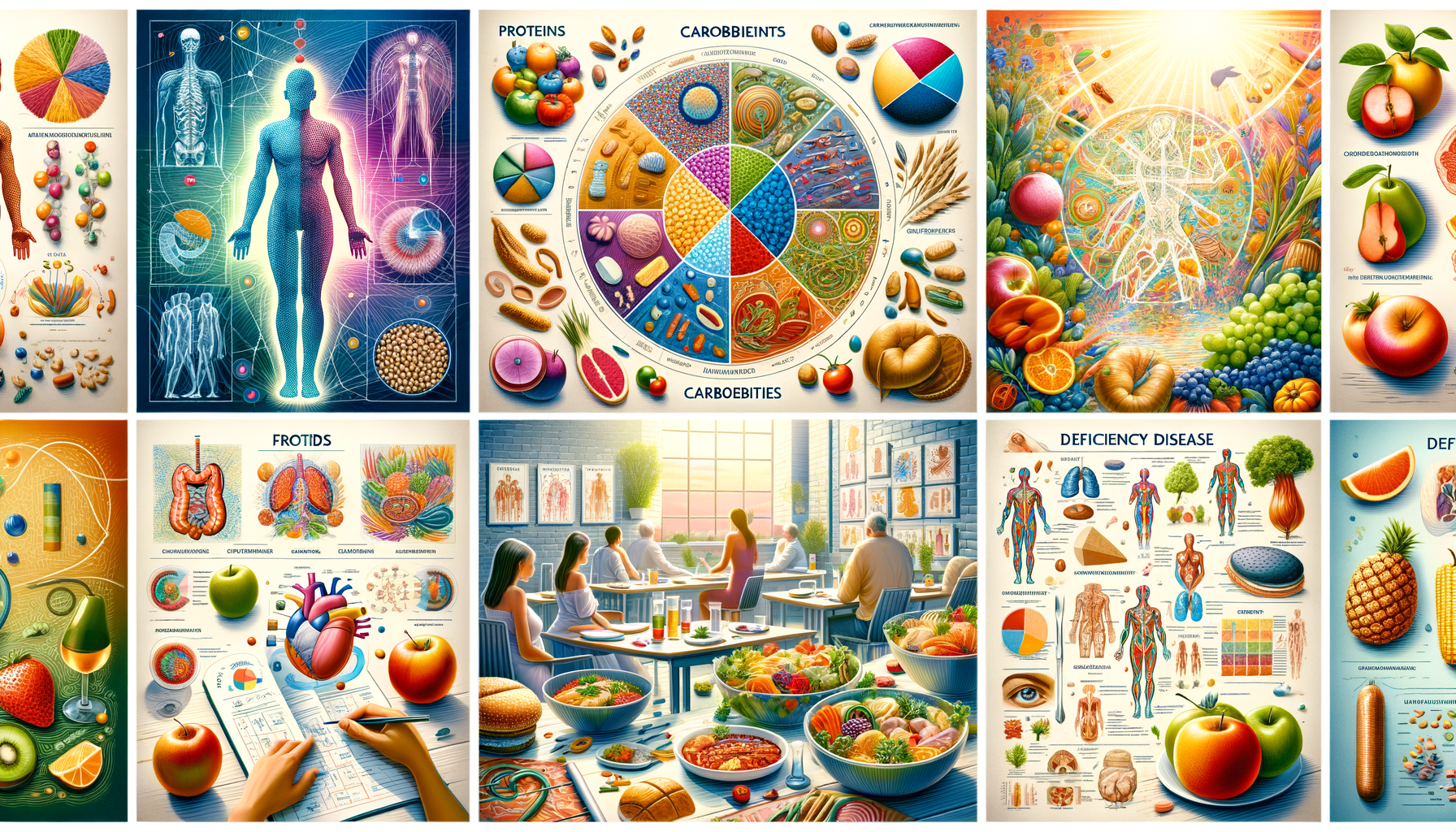Understanding Food Components, Functions, and Nutrition
- Description
- Curriculum
- FAQ
- Reviews

Understanding Food Components, Functions, and Nutrition is a detailed course designed to delve into the building blocks of our diets. Participants will learn about macronutrients such as carbohydrates, proteins, and fats, as well as micronutrients including vitamins and minerals. The course covers how these components function in the body, their sources, and their importance for maintaining health, energy, and disease prevention. Additionally, learners will explore topics like food labeling, dietary guidelines, and how to develop balanced meal plans. Whether you’re a student, health enthusiast, or nutrition professional, this course aims to equip you with the knowledge to interpret nutritional information accurately and apply it to promote healthier lifestyles.
-
1Introduction to Components of Food
-
2Functions of Food in the Body
-
3Types of Food: Carbohydrates, Proteins, Fats, Vitamins, and Minerals
-
4Characteristics of Different Types of Food
-
5Identifying Food Groups and Their Functions
-
6Healthy Diet: Principles and Importance
-
7Common Deficiency Diseases and Their Causes
-
8Preventing Deficiency Diseases Through Diet
-
9Quiz: Components of Food and Their Functions
-
10Assignment: Designing a Healthy Meal Plan




